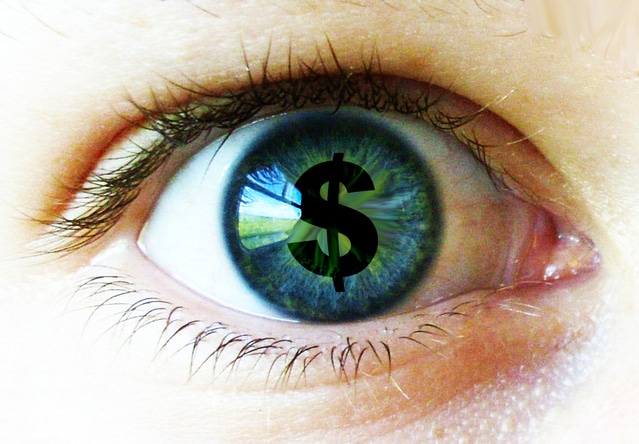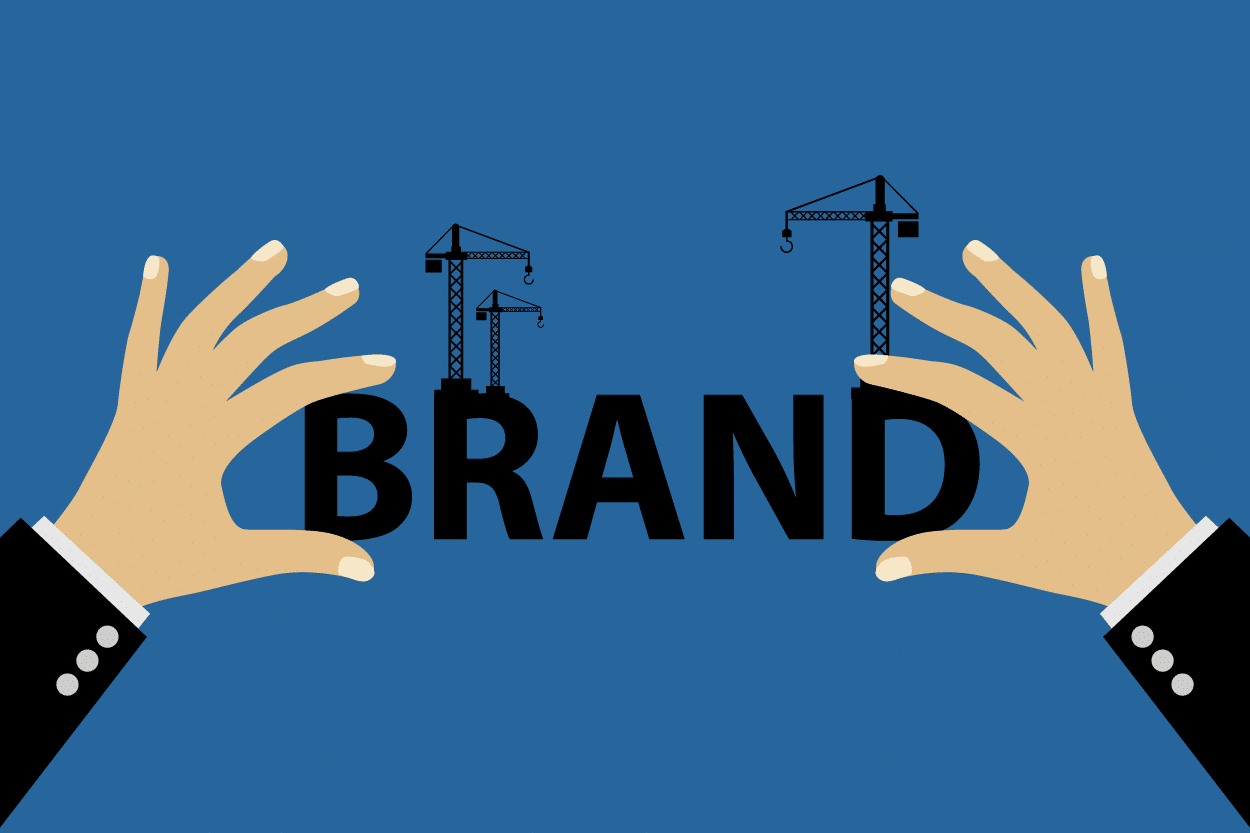Over the last month or two, search marketers across the web have noticed a confusing trend in the rise of the cost per click (CPC) for branded search terms. Some marketing agencies are reporting a rise in branded CPCs for clients of as much as 141% from Q2 to Q3, according to AdAge. While many search marketers allocate most of their paid search budget to non-branded terms, bidding on branded terms is an branded terms is an important brand protection strategy. It helps to make sure that your site dominates search results for queries containing your brand name.
The rise in branded CPCs has the potential to severely inhibit some brands’ paid search strategies. As Jason Tabeling of Rosetta told AdAge:
“it hurts the overall investment pool. [Brands] are going to struggle to continue the level of investment in the other areas that Google wants them to invest in….when brands see a poor [return on investment] they lose the ability to have a compelling business case to increase investment.”
If these trends could hurt the investment pool, why then, is Google increasing branded CPCs? At this point, we can only speculate.
Why are Branded CPCs on the Rise?
Google has always maintained that fluctuations in CPCs are reflective of how people bid. However, a historical analysis of the trends in minimum CPC increases suggests that these spikes are indicative of changes Google has made. In an article for Search Engine Land, Mark Ballard of RKG shows that minimum CPCs for brand terms experienced a spike in July and August 2014, which, when measured against this most recent spike, shows an increase of 40% year over year.
Ballard suggests these increases are a result of Google changing the way it sets minimum CPCs in AdWords. In this case, the minimum cost to appear on the first page or at top of the page does not depend wholly on the way marketers bid. “Google can choose to set the minimum CPCs however it sees fit,” he explains.
To contextualize Google’s license to set minimum CPCs independently of competition for the term, Ballard explains how minimum CPC relates to the actual bid for the term–and therefore the actual price marketers will pay for clicks on their ad. He says:
“The top of page minimum CPC serves as a floor for the advertiser’s CPC, not just the advertisers bid. If there isn’t sufficient competition in the auction to drive your CPC high enough to match the top of page Ad Rank threshold, the threshold itself will raise your CPC. This means Google can raise advertiser CPCs by raising minimum CPCs, even if all bids in the auction are held constant.”
Essentially, if Google sees fit to raise the minimum CPC for a term high above the amounts you and your competitor are bidding on the term, then you will ultimately pay the higher price that Google has set for your ad to rank. This is directly relevant to branded terms, which oftentimes have lower competition than non-branded terms. If you are bidding low on terms for your brand because competitors are not aggressively bidding on your brand, then Google could theoretically raise the threshold so you will have to pay more.
Adjusting Your Paid Search Strategy in Light of Rising CPCs
While many believe this is precisely what has caused the recent increase in branded CPCs, Google’s responses have been evasive and non-specific. “One of the main things we want to clarify is that Google does not set an artificial minimum for CPC ads as some websites have speculated,” a Google spokesperson told AdAge. But even if we can only speculate as to the why, we can at least strategize how we’re going to respond. In his article, Ballard has some insightful tips for search marketers, including:
- Enabling relevant ad extensions for brand and non-brand keywords to raise your Ad Rank.
- Gradually bidding less on brand keywords to reduce CPCs.
- Reconsider bidding on brand keywords to determine the significance of their impact on your overall strategy which includes organic rankings.
Have you noticed a rise in the CPCs for your branded keywords? If so, how are you responding? Moving Traffic Media would love to hear from you on our Facebook page.











